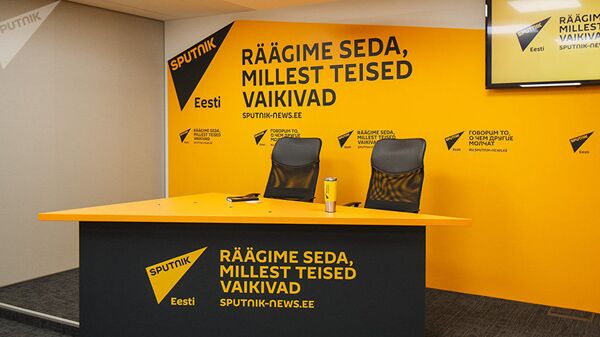"I have no rejoicing news here, the situation around Sputnik Estonia remains critical, and no improvement can be seen," Petrov said.
"We keep insisting that the Estonian authorities should respect the Russian media outlet's right to spread the information freely. We are calling on them to comply with their international obligations on ensuring the freedom of speech," Petrov added.
Russia would like international organisations to provide a more clear assessment of the situation, which can be described as political censorship, the diplomat noted.
"It is already clear that the public image of Estonia, which international rankings say is a paragon of guaranteeing the freedom of speech, has been seriously damaged," Petrov said.
Sputnik Estonia staffers were forced to terminate their contracts starting January 1, after receiving threats of jail terms of up to five years from Estonian police, which cited the 2014 EU sanctions as a pretext for the actions. However, Rossiya Segodnya, Sputnik's Moscow-based parent company, has insisted that it is not mentioned in any EU sanctions lists.
The Estonian government has failed to convince the country's civil society that its pressure on Sputnik Estonia is legitimate since a range of local politicians and journalists have criticised the undertaken measures, the Russian ambassador added.


